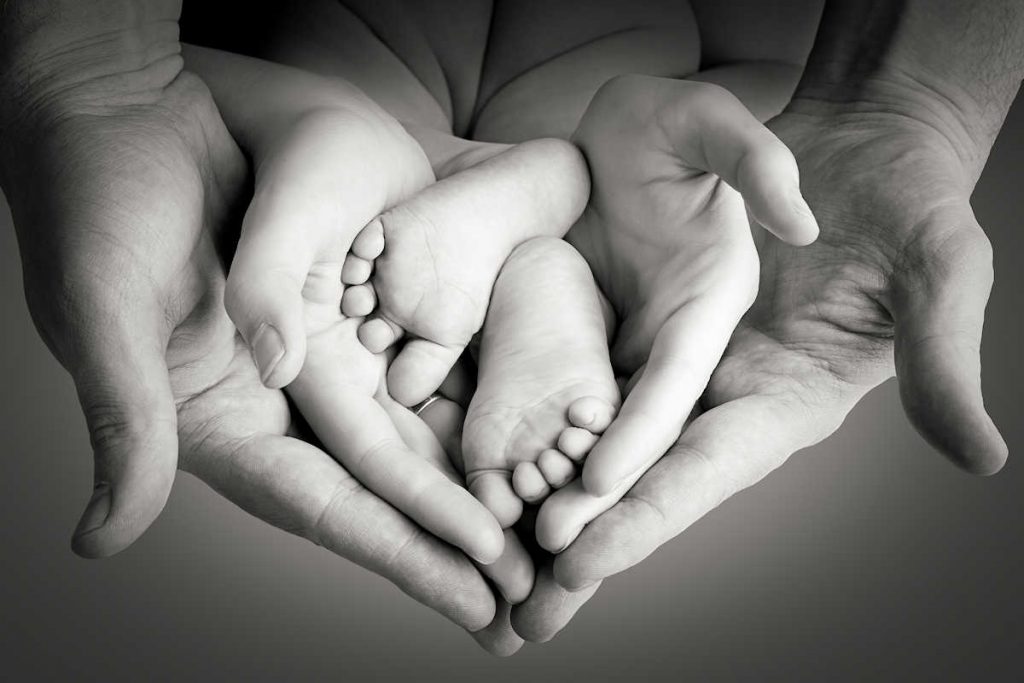Oswald Chambers once said, “The only thing that is certain is uncertainty.”
Uncertainty definition – “the state of being uncertain – times of uncertainty and danger.” Well, that was really helpful.
Here’s mine – When we don’t know what the future, whether the next minute or the next year, has in store for us, will challenge us, help us, support us or cause chaos for us or is either positive, neutral or negative.
A little better, but definitions can often be challenging since words can be interpreted differently by everyone. For example – how would you define; challenge, the future, problems, success, failure, or uncertainty? OK on with the details (if you are still with me).
In times of uncertainty we have three options; wait, quit, or act. Let’s first look at each from a short perspective. Waiting in some situations is stupid and in others a wise choice – what’s the difference? If you are waiting to act for something you can’t control, want to improve or disappear it’s wise. If you are waiting for outcomes for something you can have influence or creative responses over – stupid. How about quitting? Quitting can be either wise or stupid. Quitting is stupid if you have failed to evaluate, consider, or effectively interpret circumstances. It is wise if you have exhausted all your options, resources, approaches, and energy, and you just can’t change or improve the future outcomes no matter what. And finally, you can act. Acting when you have limited experience, resources, energy, time, skills, desire, clear direction, goals, etc. is stupid. If you have all of these and are filled with confidence and resilience acting is wise. So regardless of whether a situation requires quitting, acting, or waiting the common thread is wisdom’s ingredients. And what are these – when in doubt listen to your gut, inner voice, heart, and consciousness.
Let’s take a more in-depth look at your three options and their benefits and consequences.
There are five concepts however that you need to consider before we dig into the details.
- The number one contributor to death is stress. The number one contributor to stress is impatience. The number one contributor to impatience is the need for control. And the number one contributor to the need for control is fear of the unknown.
- Doing anything – driving, eating, exercising, working, etc. faster does not give you one more minute of life.
- Everything changes evolves, ends, grows, or dies sooner or later.
- Letting uncertainty in the future have a negative impact on your present will contribute to a life-time negative impact on your past.
- Everything in life has consequences; some are positive and some are negative. Some are short-term while others can take years or even a lifetime to materialize.
OK, let’s take a more detailed look at; quitting, acting, and waiting.
Quitting – Ever quit anything too soon – a relationship, a project, a hobby? Quitting is only easy when you have given up – emotionally, financially, physically, etc. The problem is that most people don’t want to quit, they just want to want to quit. See the difference? We want the option to bail when we feel circumstances, results or expectations don’t equal our goals or actions.
To be honest, I have quit a few times when in hindsight years later looked back I realized I should have hung in there just a bit longer with more energy, more patience, more resolve, or more tolerance. Been there?
Uncertainty can create a great deal of emotional tension that many feel the need to manage or fix with action now, decisions now, something now, anything now. Sometimes immediate action vs. quitting can be beneficial but far too often quick or knee-jerk responses to challenges or unknowns can lead to disaster, unnecessary failure, or costs emotionally, financially, or physically that could have been avoided.
So, how do we know when not quitting is the right or best option to uncertainty or unknowns. You are not going to like my answer but here it is anyway – it depends. Depends on what, Tim? It depends on your degree of commitment, investment, patience, a willingness to let go or surrender, your ability to learn before you quit, and your desire to ensure that whatever the outcome – it will be better than giving up or throwing in the towel.
No one knows what lies around the next corner in life. Oh sure you can try and predict, hope, dream, work like crazy and pray but in the end, life is uncertain every single day of your life. After over forty years of speaking around the world, I have learned a great deal. But one thing stands out – if you can control it – do something – if you can’t control it – chill, relax, breathe and use the time to learn, grow, and get wiser. But quitting is far too often pre-mature and stupid without adequate evaluation, consideration, research, etc.
I hope you notice the connection between these three options – quitting, waiting, and action. If not, you have missed the central message in this article. They are all connected in one way or another. The secret is to learn to make the best use of the combination of the three options. Keep reading and it will come to you.
Waiting – Ever had to wait for a call from your Doctor with the results of a biopsy? How about a decision from a potential new employer where you have applied for the job of a lifetime? Or a client who is considering making the biggest purchase of one of your products in your career’s history? Or how about little ones – a retuned call from a potential new date candidate for a possible relationship? Or, just an email or text response from one of your kids? This list of things we wait for is endless and I will guarantee as you are reading this article you are waiting for something from someone or some organization.
A basic fundamental of the character of uncertainty is – no one knows; when, where, how, if, whether, etc. All we can do is hope, dream, pray, and yes, wait. But there are two kinds of waiting. One is with wisdom, intelligence, and maturity and the other is with pride, arrogance, ego, or impatience. Which tends to be your approach?
The outcomes to both are significantly different.
Waiting with wisdom or intelligence is grounded in knowledge, experience, accurate information, and common sense. Waiting with the other approach leads to stress, resentment, blame, anger, regret, and disappointment. Yes, sometimes there are actions we can take while we wait and other times – all we can do is just wait.
Trust me I understand the concept of waiting. After speaking in 25 countries and I only speak English – trust me – I have had to wait a lot for a lot of things and didn’t even know what I was waiting for or why.
Been there?
Keep in mind – you can’t control the weather, the stock market, others’ behavior, the traffic behind you, or in front of you, need I go on? One thing I have noticed about mature people is their ability to wait when they can’t control stuff. One of my life mantras is simply – ‘I will not let your behavior determine my behavior.’ Is this always easy – no way. When I am traveling the speed limit and an idiot is behind me on my tail beeping at me and flashing their lights for me to go faster, it’s not always easy to just ignore these idiots.
Waiting style demonstrates a person’s maturity, common sense, wisdom, and intelligence.
Acting – And the last action – acting.
There are four elements involved in acting and they are – the how, the when, the who, and the where. For example, let’s say you were just laid off from your position. Your spouse doesn’t work, you have three kids and a lot of bills and the economy is sucking wind. I know I have been there – twice.
No one is hiring, you have limited special skills and limited cash to self-promote yourself. So, the four elements mentioned above.
How – You have to earn some cash so the kids don’t starve. Part-time job, two part-time jobs, reach out to family or friends, file bankruptcy, sell your house, take a job as a dishwasher in a restaurant, live on unemployment as long as it lasts – the options are limited or unlimited depending on your definition of your circumstances. And your definition will determine how you respond. The answer – spend a few hours every month reading, learning, growing in important life areas and I’m not talking here about survival tactics but just “life stuff” like improving skills in communication, emotional maturity, negotiation, money management, etc.
The when – do you have time to wait, reflect, consider, etc. or do you need to do something now? The when will determine how you handle the “how.” The answer – Read the book “The Power of Patience” by Ryan.
The where – This one can vary depending on the circumstances – where you live, where you work, where you play, where you do anything or everything. The answer – if you live in the city, now and then take road trips into the suburbs or the country to get familiar with different areas. Once a year I take a week road trip to a new area within 500 miles of where I live. If you live in the country, now and then spend a weekend in the city. And why – to get rid of any fears about areas you are unfamiliar with.
The who – This one depends on your relationships with; family, friends, neighbors, fellow workers, customers, employees, etc. If you have people you can count on or ask for help, guidance, etc. consider yourself fortunate as many people lack these resources and have to go through uncertainty and challenges alone – again I’m not preaching to the choir – I’ve been there. Sometimes, even if you have these resources you might be unable to ask for help for any number of reasons. The answer – spend time developing relationships with people you can count on if you ever need help, support, or guidance in the future. And, find ways to be of value and service to others who may some day come to you for help.
Well, that’s it – during uncertain times, and I am familiar with them having been through four recessions during my speaking career, you can; give in, point the finger, whine, blame, or learn, grow, change, adapt and win. It’s a choice.

